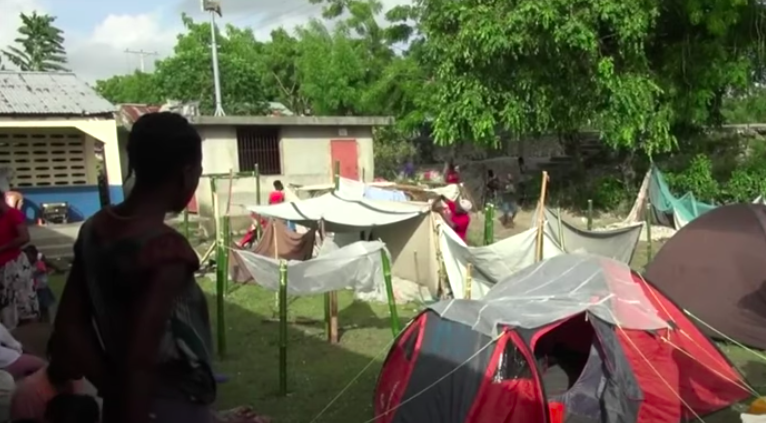Earlier this month, Haiti experienced a devastating earthquake that killed over 2,000 people, leaving many homeless, about 12,000 injured, and more than 300 people missing.
The 7.2 magnitude earthquake is one of many natural disasters to hit the country recently.
According to Axios, the aftermath of Tropical Storm Grace made relief efforts all the more complex, in addition to the death of President Jovenel Moïse, the global pandemic, crime, poverty, etc.
With Haiti declaring a state of emergency via Prime Minister Ariel Henry, it’s essential that the country receives help during this time.
Many people have provided support, aid, and resources to Haiti, especially the United States, which has played a prominent role in relief efforts.
However, thanks to Tropical Storm Grace, the speed at which private relief and additional supplies from the United States are arriving is less than ideal.
According to the Washington Post, the United States National Hurricane Center found that Tropical Storm Grace caused flooding in Haiti and the neighboring Dominican Republic.
Overall, many people are struggling.
“‘Every house was destroyed, there’s nowhere to live, we need shelters, medical help and especially water. We’ve had nothing for three days, and injured victims are starting to die,'” said Marie-Helene L’Esperance, mayor of a harboring town known as Pestel.
Mayor L’Esperance is just one of many frustrated residents. L’Asile community leader Aldorf Hilaire says despite multiple relief efforts, people are desperate.
“‘The springs are dirty: the water is not drinkable … We had a bad night during the storm, and the people need tents and tarps,'” said Hilaire.
According to AP News, rampant crime is also affecting relief efforts after a hospital was closed this past Thursday to protest the recent abduction of two doctors. Although aid is being provided, the speed at which it is distributed has become its own issue. Additionally, there are many ways to help with relief, such as through individual donations and any work done by the United Nations.
Neighboring countries like Mexico, Colombia, the Dominican Republic, and Chile have also provided support. Both Mexico and Colombia have supplied Haiti with humanitarian aid and equipment to help with search and rescue. Chile aided by sending a plane with 16 tons of resources such as medicine, water, food kits, and hygiene products. The Dominican Republic also sent food and medicine by air.
“‘In the past, people and nations have rushed to Haiti’s aid in the immediate moment of crisis, when the headlines are fresh, and the cameras are present, only to abandon them in the aftermath and invite future crises. We need to listen to the people on the ground and direct our support and resources so that it actually gets to them,'” said New York City public advocate Jumaane Williams.
Originally posted 2021-08-23 13:30:00.








